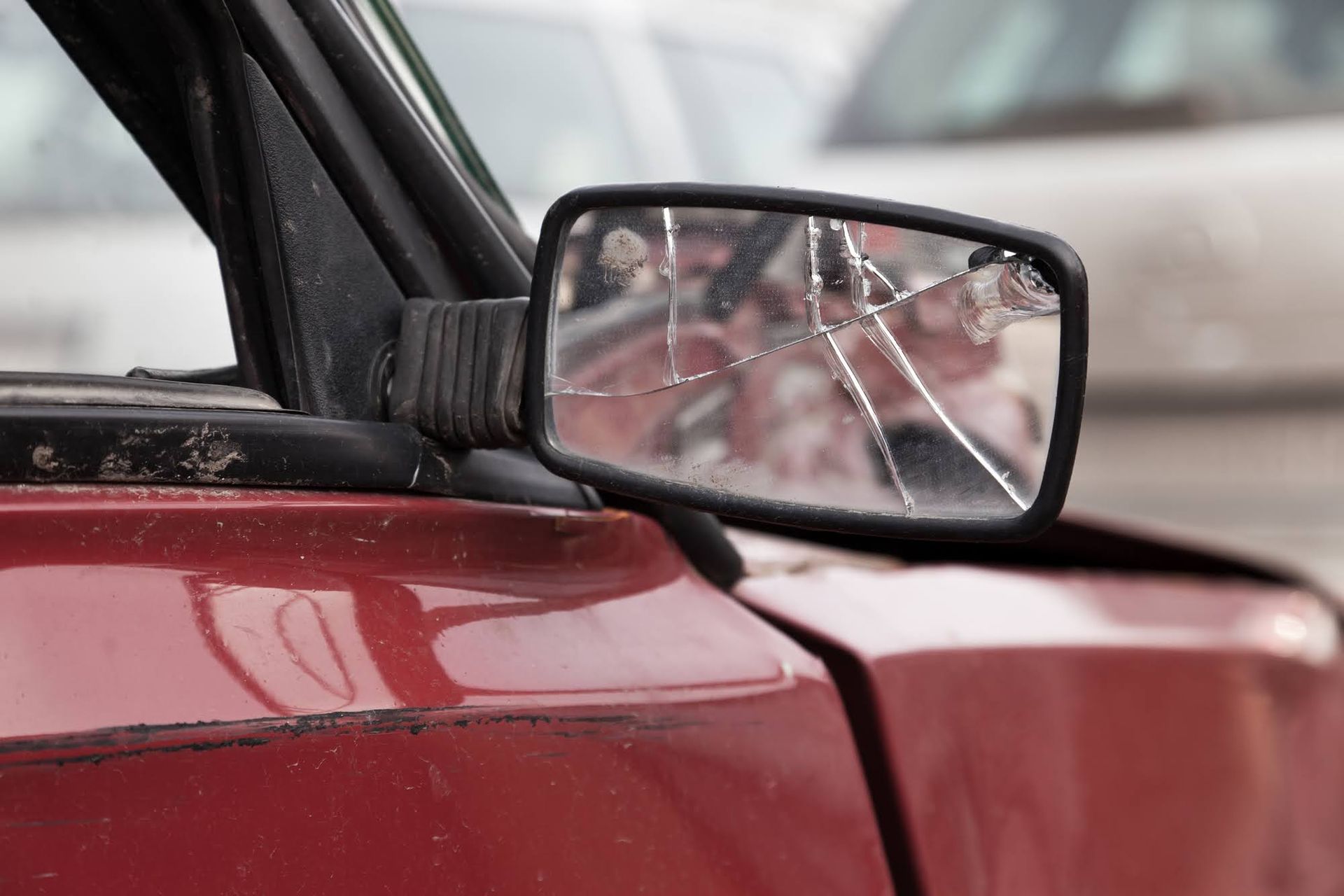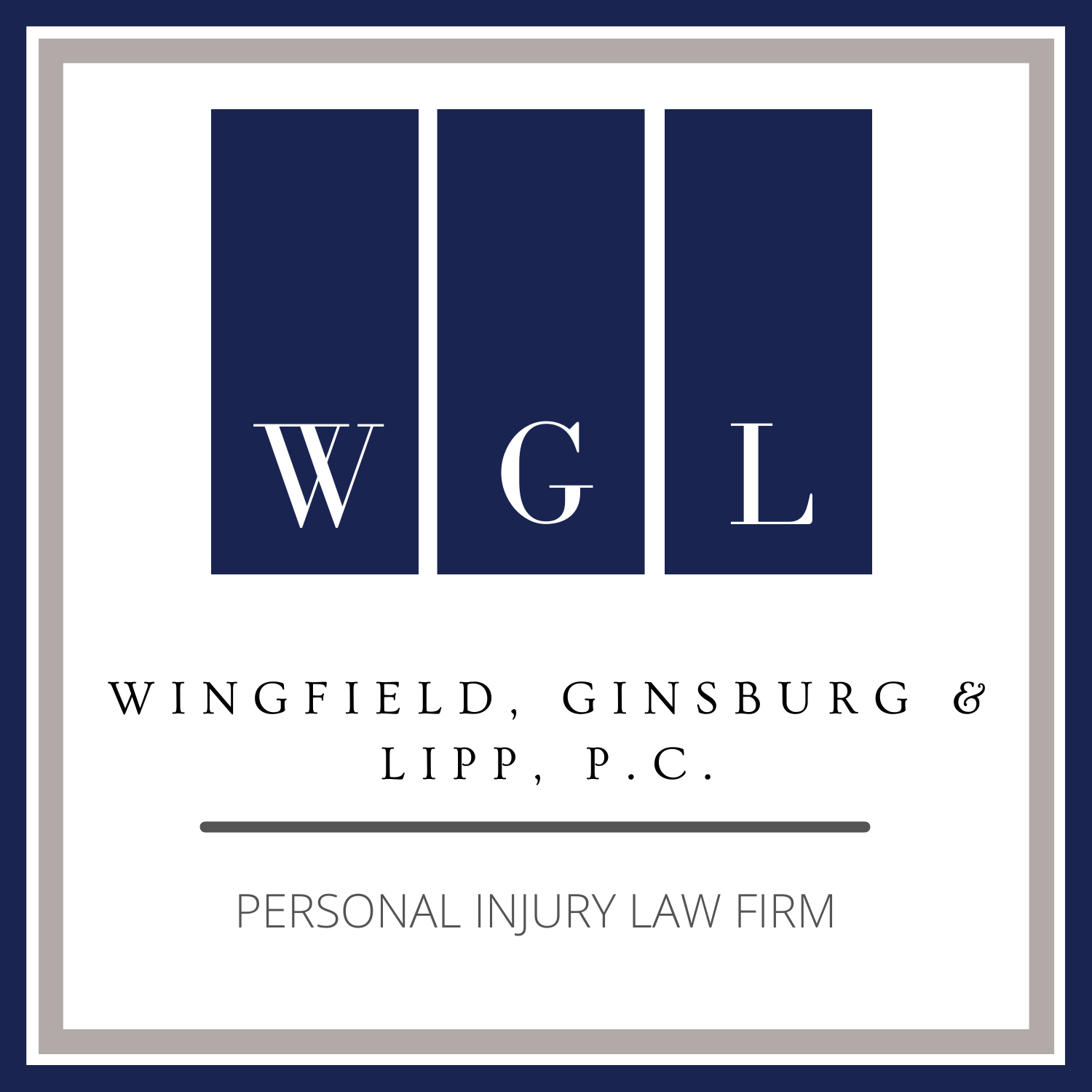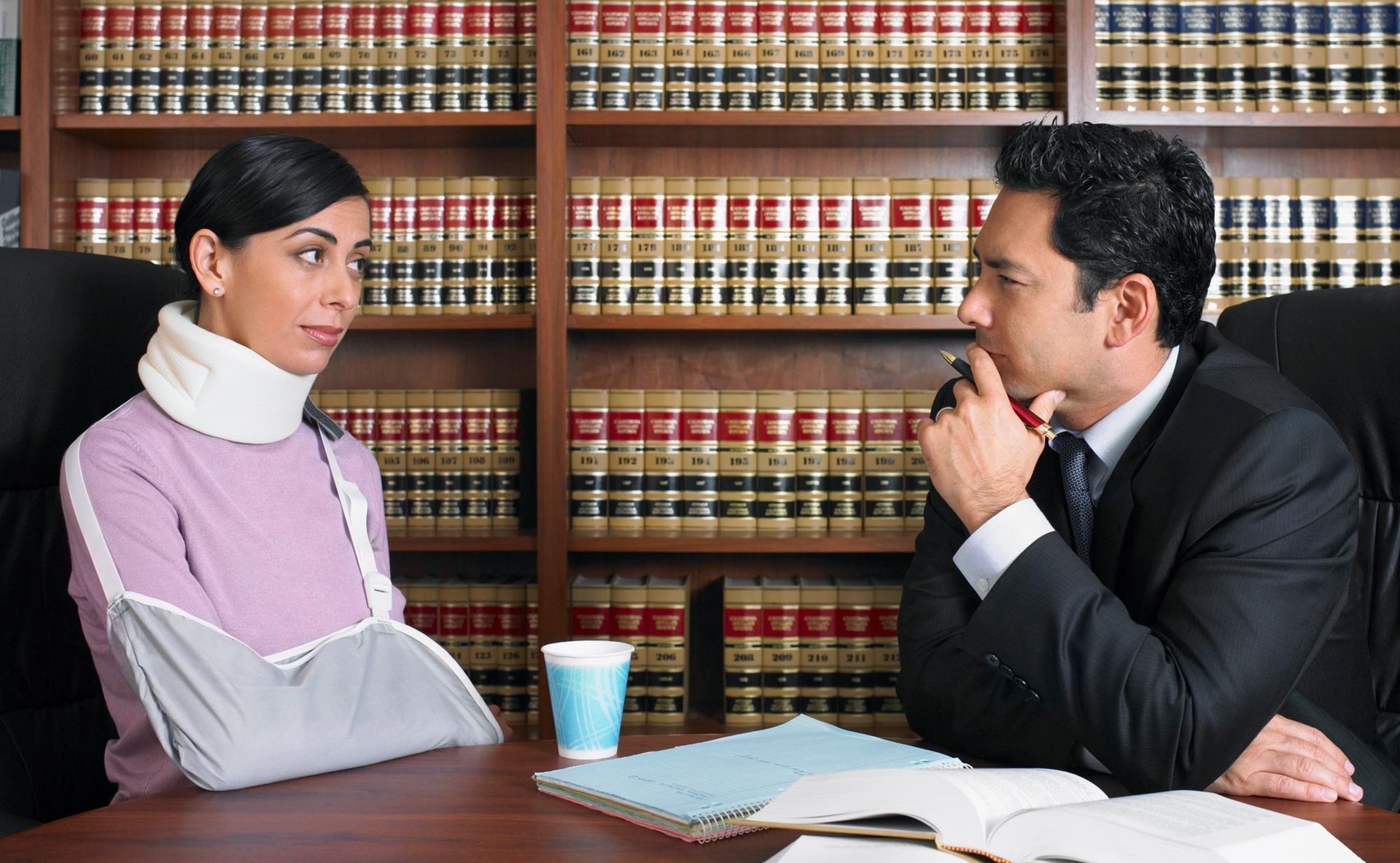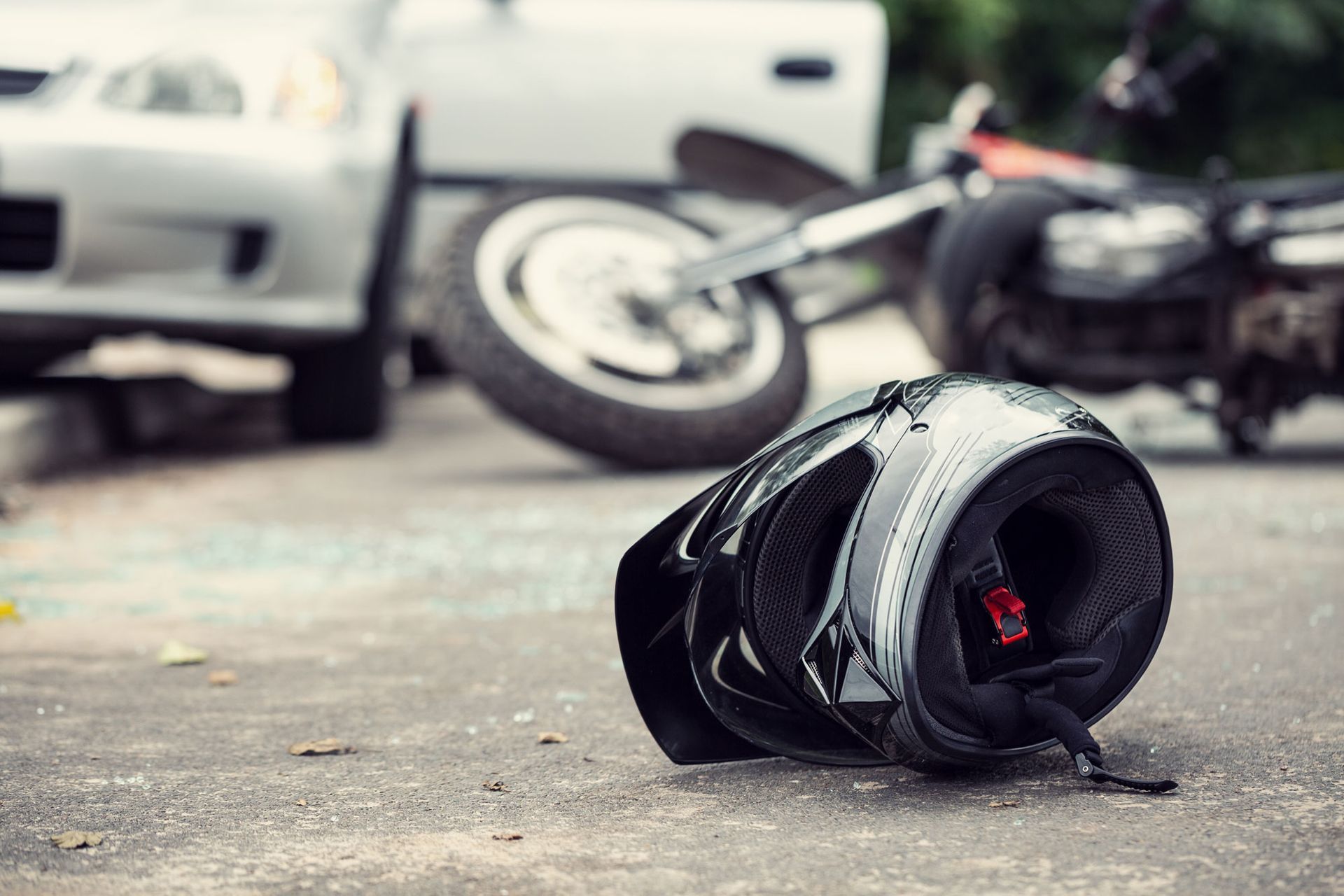What to Do After Being Injured in a Hit-and-Run Accident

Being involved in a hit-and-run accident is a traumatic experience. Emotional distress can cloud your judgment and make it difficult to know what steps to take next. Follow this guide to ensure you're protecting your health, rights, and interests.
Stay Calm and Assess Your Situation
Remaining as calm as possible immediately after the incident is crucial. Take a moment to assess your surroundings and evaluate any visible injuries you might have sustained. If you can do so safely, move to a secure location, away from further potential harm, such as oncoming traffic.
Seek Immediate Medical Attention
Your health should always be the top priority following an accident. Some injuries might not manifest symptoms immediately, so it is essential to seek medical attention even if you feel fine. Prompt medical evaluation can prevent complications and provide a documented record of your injuries, which can be critical for any future legal proceedings.
Report the Accident to Authorities
Contact the police to report the accident as soon as you are safe. Provide as much detail as possible about the vehicle and incident. Include information about the vehicle make, color, and any partial license plate numbers, as well as the direction it was heading. This information assists law enforcement in their investigations and adds credibility to your statements for insurance purposes.
Gather Evidence While You Can
If circumstances allow, gather any evidence from the scene. Photographic evidence of the area, your vehicle, and your injuries can be incredibly useful later. Consider speaking to witnesses and obtaining their contact information. Eyewitness accounts can corroborate your experience and are valuable in tracking down the driver responsible.
Notify Your Insurance Provider
Informing your insurance company is another important step when involved in a hit-and-run. Many policies require immediate notification after an accident to ensure coverage. Describe the incident, present all evidence you've gathered, and provide the police report number to assist with your claim.
Consider Legal Advice
Consulting a legal professional can be beneficial following a hit and run. Understanding your rights can help you make informed decisions about possible legal action. Legal experts can advise on pursuing compensation for damages, injuries, and emotional distress, guiding you through what can be a complex process.
Prioritize Self-Care After Trauma
Physical recovery from injuries is crucial, but don’t overlook emotional healing. Experiencing a hit-and-run accident can lead to anxiety, post-traumatic stress, and other emotional responses. Discuss these feelings with a mental health professional, or talk to trusted friends and family. Taking the time to address your emotional well-being is just as important as physical recovery.
Understand the Possibility of Uninsured Motorist Coverage
If you have uninsured motorist coverage, it can be a lifeline in hit-and-run scenarios. This insurance covers your medical expenses and damages when the responsible driver cannot be identified. Check your policy details or speak with your insurance provider to understand the extent of your coverage.
Explore Repair Options for Your Vehicle
Once your safety and health have been prioritized, consider the repairs needed for your vehicle. Your insurance company may require estimates from approved repair shops. Ensure transparency by keeping detailed records of repair costs, which can be beneficial if additional compensation is sought.
Reflect on the Incident and Future Precautions
Reflecting on the accident can help prevent future incidents. Consider vehicle safety enhancements or revise existing driving habits. While accidents are sometimes unavoidable, taking proactive measures can reduce the risk of recurrence and provide peace of mind.
Understanding these steps ensures you are prepared and protected if you're injured in a hit-and-run accident. While the experience is challenging, smart decision-making and the right support can help you on the road to recovery. For more information, contact us.



